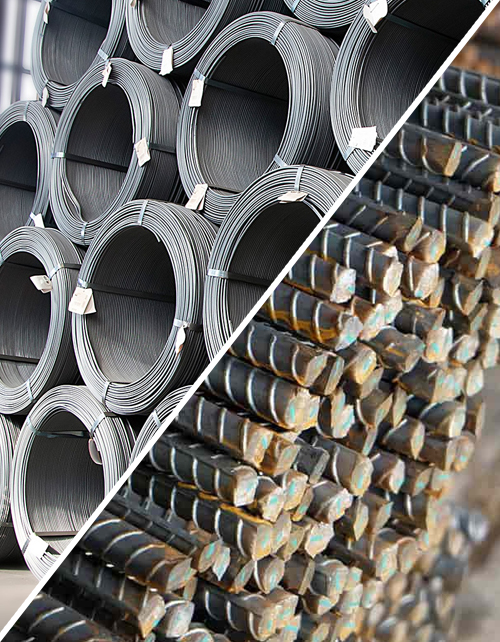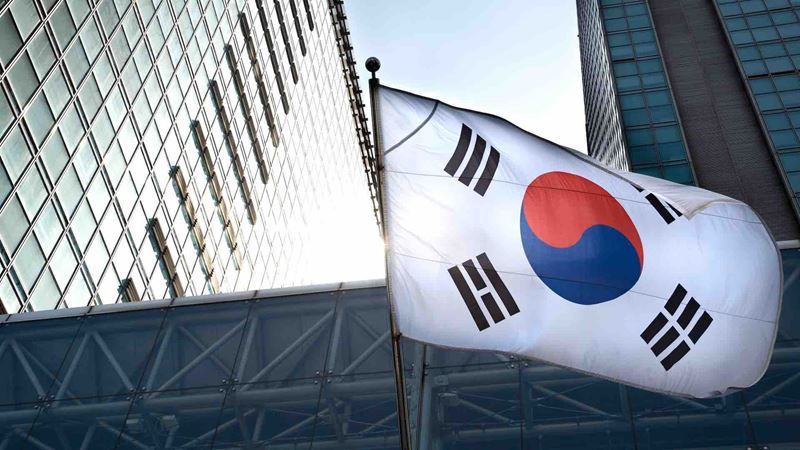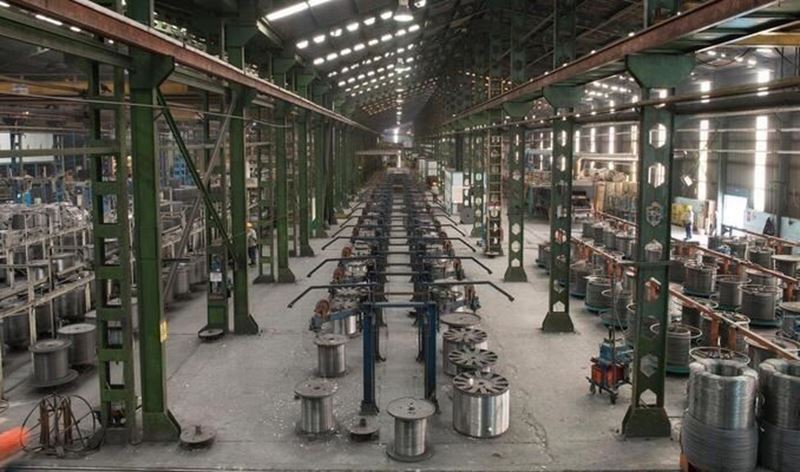In Kenya, El Nino, a climate phenomenon associated with rising temperatures, has exacerbated rainfall and caused flooding. This situation, which has been ongoing since March, paralyzed life.
With 200 people dead and many injured, the floods brought life to a standstill in many sectors.
Stalled projects due to the floods, which prevented transportation to remote areas, slowed down demand for steel. It has also started to have a long-term negative impact on local economies.
Industry representatives emphasize that the stoppage of projects caused by the floods may lead to a reduction in the income and employment of companies operating in the construction sector, which in turn may lead to an increase in unemployment rates and thus a decline in the income level of local residents.
In the longer term, the decline in steel demand could also affect Kenya's steel imports, market representatives said, noting that if local demand declines and projects stall, there could be a reduction in the amount of steel imported, which could affect international steel suppliers and change the country's trade balance.
Reduced demand could also negatively affect local steel producers, which could increase instability in the sector. This decline in steel demand caused Kenya's steel prices to remain flat for a while, with prices remaining unchanged this week.
Kenya;
Wire rod export prices are $730 Ex Factory (excluding VAT),
Rebar prices are $785 Ex Factory (excluding VAT)











Comments
No comment yet.